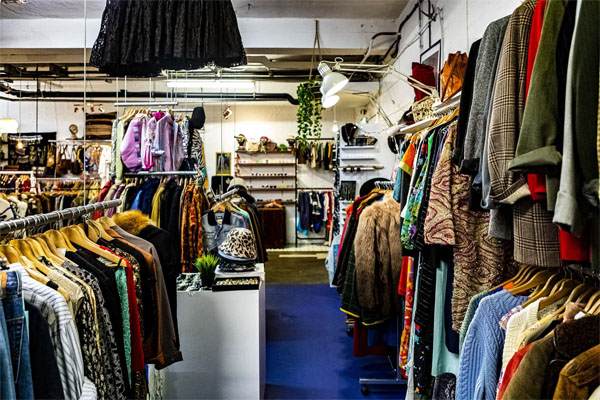
@Hulki Okan Tabak
Several projects aim to reduce the overconsumption of clothing, through various activities such as promoting knowledge about sustainable clothing, prolong clothes’ lifespan, or by organizing second-hand markets and clothes swaps. These practices reduce the demand for new, mass-produced clothing and maintain materials in use for longer, while also redistributing affordable clothes.
Country:
InternationalTarget Group:
People with fewer opportunities, facing economic and social difficultiesDifficulty level:
People with fewer opportunities, facing economic and social difficultiesWhy?
Fast fashion is responsible for several negative environmental impacts, as the price of the clothes drop, people have less incentive to reuse. In the EU, each person discards around 11 kg of clothes per year. Almost 90% of the used clothes are incinerated or deposited in landfills. Textile production is responsible for about 20% of water pollution, which results from dyeing and finishing processes. Furthermore, the fashion industry accounts for 10% of carbon emissions in the world, which is more than international flights and maritime shipping combined.
How youngsters can get involved
There are several activities that need to be done in order to organize a second hand clothes market:
Skills and Competences
How youngsters can get involved
ReCloset (Portugal): https://recloset.net/
Fashion Revolution (UK, International): http://fashionrevolution.org/clothes-swap/
Clean Clothes Campaign (Netherlands, International): https://cleanclothes.org/
Fashion for Good (Netherlands): https://fashionforgood.com/